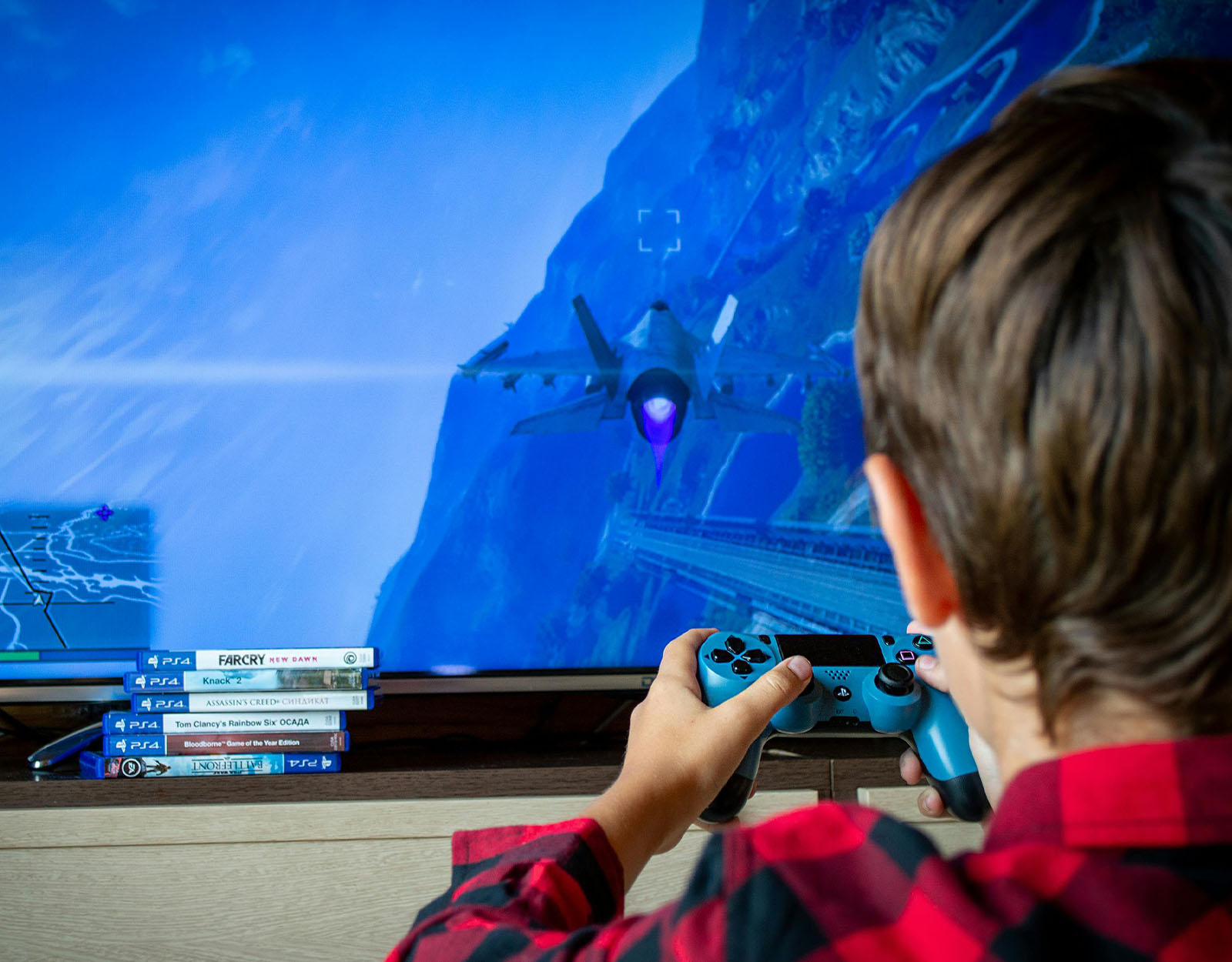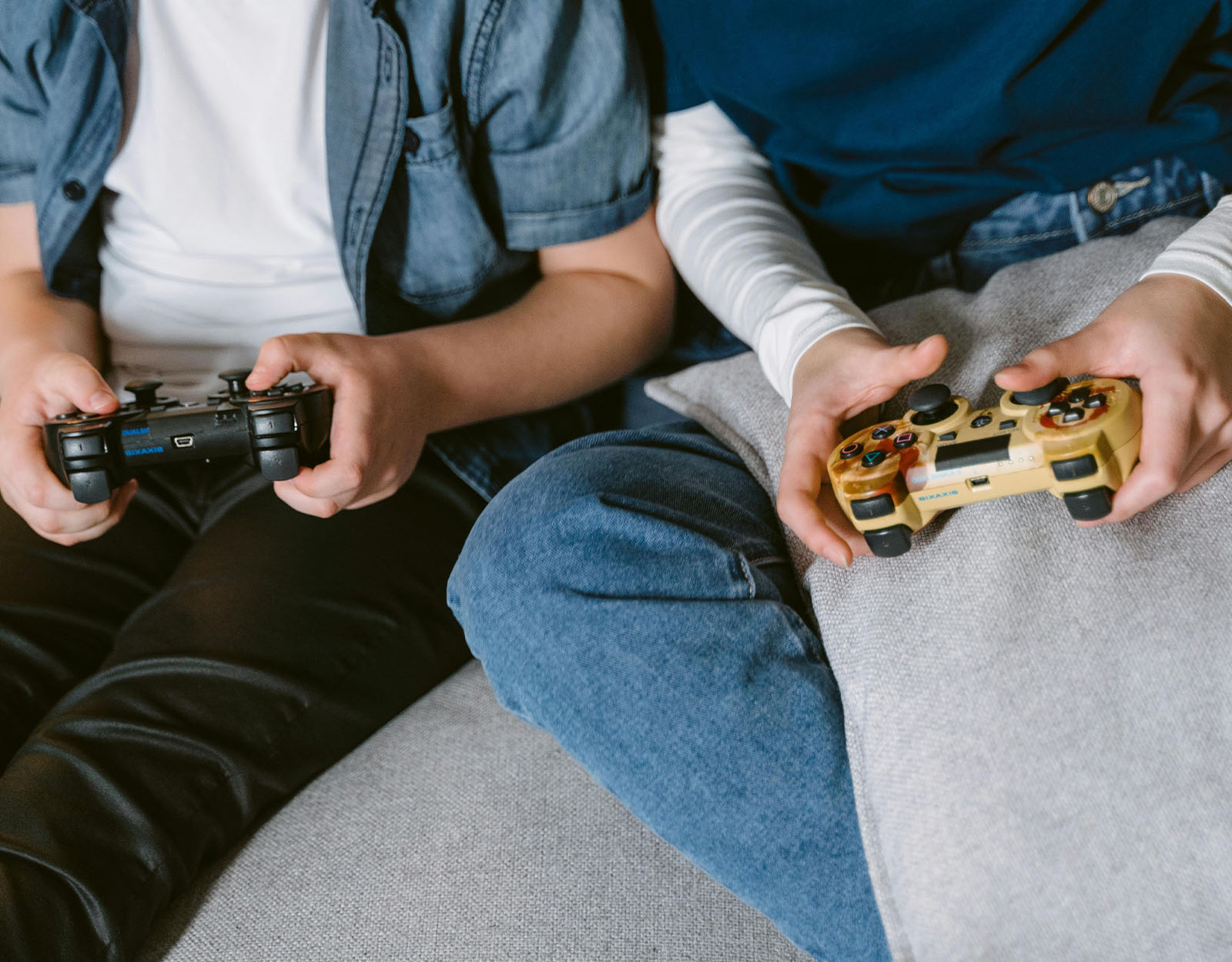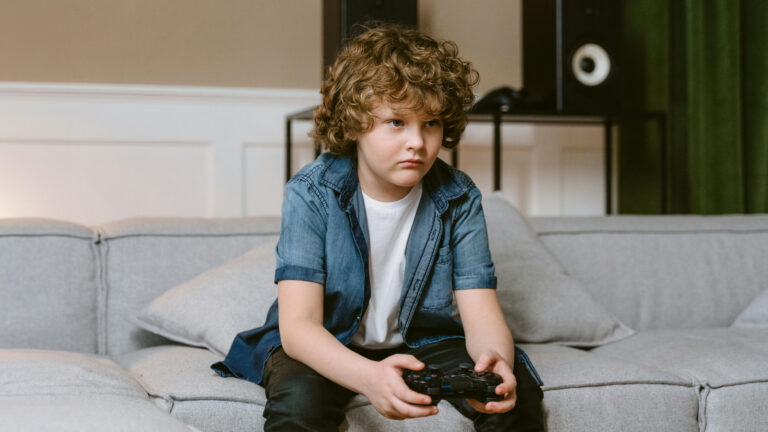Kids
How to Break Your Kid’s Addiction to Video Games
It’ll be a slow and painstaking process, but kids shouldn’t be living with video game addiction!
Playing video games isn’t bad but, playing them for the next 12 hours and forgetting everything else is already classified as an addiction.
But why do people get addicted to it in the first place? For one thing, video games offer a lot of fun and features, especially for families who live in small spaces. They simulate a big space for their characters to run around. And if they have an online feature, it allows kids to connect with their friends who are physically too far away.
Video games can also be therapeutic as an outlet—allowing kids to unleash their aggression on bits of data instead of real, living things like their pets or other kids. But, without a balanced lifestyle, video games can become addicting because they leave people with a “high.”
And if we’re planning to subject the kids to a digital detox, here are ways we can break their addiction to video games.

1. Find out why they play video games.
Like how we shop for clothes or food, kids have a reason for playing certain video games. Some say it’s because their friends are online or they don’t have anything better to do. And unfortunately, chores are not considered “better things to do” because they don’t feel like they accomplished anything.
They usually feel the accomplishment via a reward which is a system most video games have. The reward—whether as a praise or declaration of “YOU WIN!” Or it’s the thrill of getting items—which is also instant, thus allowing kids to almost immediately make the connection that they’re doing something right.
The most common answer kids will say though is that “playing video games is fun.” But as adults, we can take note of the game’s mechanics and explore how it’s fun. Once we do, it won’t be hard to do the next step…
2. Finding an activity to replace or a counterbalance.
Anything in excess is bad, including video games. Kids continue playing because there’s constant fun to be had and they probably don’t have real-life counterparts. For example, if kids love playing games like Mario Kart, that’s because they’ve never driven before.
It’s not always just the missiles or the violent behaviors that elate the kids. Sometimes, it’s the thrill of victory. If we were highly competitive as a child, then video games would bring that out in our kids.
But not all video game playthroughs are smooth and kids are bound to lose eventually. That’s when their mood starts to worsen—especially after failing at a task more than three times. What they see as a loss, we see as a parenting opportunity: offer another activity to help them calm down or “rethink” their strategy for the video game.
Make sure the activity is rewarding, too! That way, they’ll realize that video games are not the only thing that can give out rewards.
3. Find the real-life counterpart to the game they’re playing.
When work, house chores, our boss, or being the boss just drains the energy out of us, playing with kids is the last thing we want to do.
So, to appease our kids, we pass them a tablet with their favorite games and the rest is history. However, we need to remember that using video games to entertain our kids should be a last resort. It shouldn’t completely replace us and before we blame the tablet, we shouldn’t forget that the device didn’t grow legs and walk over to them and say “Play with me!”
Remember: we handed the video game to them.
If we can’t spend time with our kids, find out what they’ve been wanting to do. The clues are often found in the video games they play. Video games fulfill our kids’ wishes when they believe things are physically impossible. For example, if the boys are playing Minecraft to build castles and the like, maybe it’s time to invest in a building set like LEGO or Duplo.
If kids like shooting games then, maybe archery or paintball might be a good alternative.
4. Add more family activities.
Although some of us are home buddies who just want to vegetate after a long and stressful work week, kids have different energy levels. The weekends are when they are bouncing around the most—happy that there’s no school or homework.
And while we always have this high expectation that our family activities have to be social media-worthy, let’s be honest. We know the truth: nobody cares unless it’s a calamity of some sort!
Family activities can even include basic tabletop games, watching movies, or even going someplace new within the metro. It’s like what Up‘s Russel said, “The adventure is out there!”

Video games are not bad, it’s the addiction that is!
It’s easy to vilify video games because we don’t understand their appeal to our kids. But once we do, it’s just like how we love going shopping or doing what we love: it fills us with joy that everything else doesn’t.
Video games can somewhat fulfill wishes which can be difficult to let go of. However, video games are designed by people for people. Meaning, there are real-life counterparts to the video game’s mechanisms.
Once our kids do experience the real thing, they’ll eventually notice how the video game isn’t as fun as the real thing. They’ll still play, maybe. But at least they won’t spend the next 12 hours of their day on it.
More about video games and kids?
7 Reasons Why Kids Playing Video Games Isn’t Bad
How To Prevent Video Game Addiction in Kids
Is Gaming Really Bad For Kids? Here’s What Parents Need To Know





